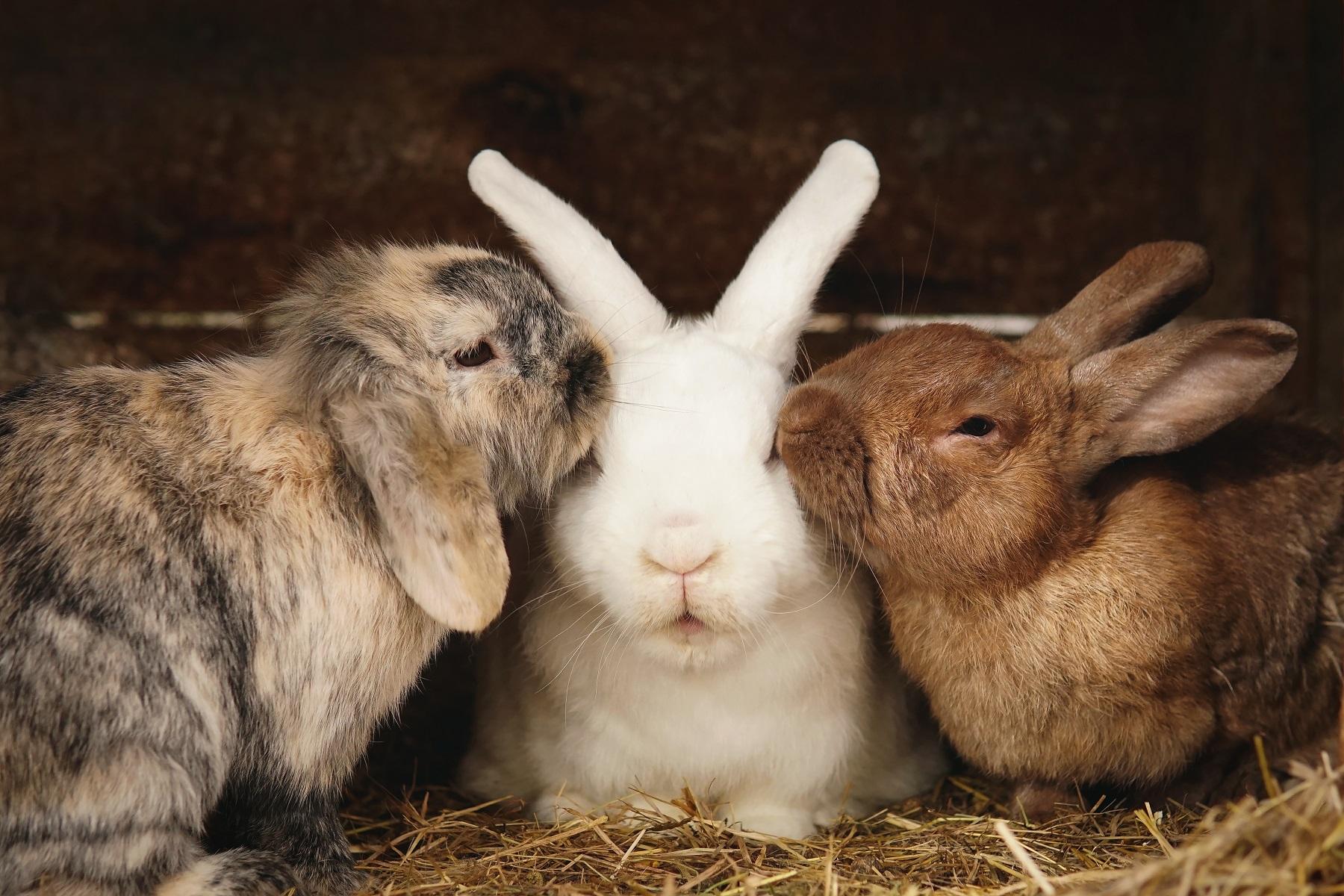E.cuniculi in rabbits
E.cuniculi is a tiny parasite, which has to live inside a host cell in order to survive. E.cuniculi primarily infects rabbits and is a significant cause of disease.
It is also important to rabbit owners as just occasionally it can infect humans, especially if they are immuno-compromised.
A recent survey demonstrated that 52% of pet rabbits were currently or had recently been infected.
Once a rabbit has the disease it passes infectious spores in its urine. Transmission to another rabbit occurs by eating these spores in urine contaminated food and water. Unborn kits may also be infected across the placenta during pregnancy.
The disease results in damage occurring primarily in the liver, kidney, brain and spinal cord. Whilst 52% of pet rabbits become infected, only 6% of pet rabbits ever show signs of disease. A percentage of these rabbits do not survive.
If the kits are infected during pregnancy, spores are able to cross into the lens of the eye. Later on in the rabbit’s life the spores multiply and erupt causing cataracts and lens rupture resulting in inflammation within the eye. This is a serious condition and is painful to the rabbit.
Clinical signs in adult rabbits include:
- Neurological disease – head tilt, unsteadiness, weakness of the hind legs, neck spasm and urinary incontinence
- Kidney disease
- Eye disease
For the moment diagnosis is limited to a blood test, which just confirms exposure rather than proves current infection. Treatment is with an anti-parasiticide daily for 28 days.
Response to therapy is dependent on duration and severity of infection at the time of diagnosis and starting treatment.
The organism can survive in the environment for one month. However, it is sensitive to routine disinfectants.


